
by Ria Olivier | Mar 1, 2024 | Data Management, Environment, Prince Edward Island, Research, SANAP
 A session has been included in the 6th SANAP symposium to include the Prince Edward Island scientific survey members as they were arriving late on the 29 November. As a cross discipline on Data Management and the Summer Survey Participants. Christel Hansen chaired the session ‘Data and frameworks in the support of polar research’.
A session has been included in the 6th SANAP symposium to include the Prince Edward Island scientific survey members as they were arriving late on the 29 November. As a cross discipline on Data Management and the Summer Survey Participants. Christel Hansen chaired the session ‘Data and frameworks in the support of polar research’.
 Above(l-r): Newi Makhado, Janine Schoombie, Chris Oosthuizen, David Hedding, Stefan Schoombie
Above(l-r): Newi Makhado, Janine Schoombie, Chris Oosthuizen, David Hedding, Stefan Schoombie
- Newi Makhado: Ecoregionalisation of the pelagic zone in the Subantarctic and subtropical Indian Ocean.
- Janine Schoombie: Studies of wind, plants and seabirds on Marion Island. (Abstract)
- Chris Oosthuizen: Marine predators: ecosystem sentinels that help inform Southern Ocean management. (Abstract)
- David Hedding: A geospatial database for the sub-Antarctic Prince Edward Islands. (Abstract)
- Stefan Schoombie: Non-breeding distribution and moulting activity of Blue Petrels (Halobaena caerulea) breeding on sub-Antarctic Marion Island.
- Christel Hansen: Consistent mapping and geospatial information representation in the Antarctic and sub-Antarctic: why South Africans should care. (Abstract)
 Above: Scientific Survey members taken on Prince Edward Island. Azwianewi Makhado, Maëlle Connan, David Hedding, Charlene Janion-Scheepers , Rowan Jordaan, Makhudu Masotla, Thomas Mufanadzo, Chris Oosthuizen, Liezl Pretorius, Janine Schoombie, Stefan Schoombie, Yinhla Shihlomule, and Elsa van Ginkel. Read more
Above: Scientific Survey members taken on Prince Edward Island. Azwianewi Makhado, Maëlle Connan, David Hedding, Charlene Janion-Scheepers , Rowan Jordaan, Makhudu Masotla, Thomas Mufanadzo, Chris Oosthuizen, Liezl Pretorius, Janine Schoombie, Stefan Schoombie, Yinhla Shihlomule, and Elsa van Ginkel. Read more

by Ria Olivier | Feb 16, 2024 | Data Management, Marion Island, Prince Edward Island, Research, SA Agulhas II, Science, Uncategorised
 During the 6th Symposium sessions were allocated to cross cutting disciplines and it led to great presentations and discussions. 12- 16 February is International Love Data Week with the theme “My Kind of Data” and this is about the data presentations at the SANAP Symposium “the SANAP community kind of data.”
During the 6th Symposium sessions were allocated to cross cutting disciplines and it led to great presentations and discussions. 12- 16 February is International Love Data Week with the theme “My Kind of Data” and this is about the data presentations at the SANAP Symposium “the SANAP community kind of data.”
Data Management
 Anne Treasure(right) South Africa’s representative at Standing Committee on Data Management(SCADM) at SCAR and Data Products and Society Manager of the South African Polar Institute(SAPRI) chaired the main session on data management. This session included very interesting presentations from various science disciplines.
Anne Treasure(right) South Africa’s representative at Standing Committee on Data Management(SCADM) at SCAR and Data Products and Society Manager of the South African Polar Institute(SAPRI) chaired the main session on data management. This session included very interesting presentations from various science disciplines.



Above(l-r): Leigh McGaughey, JP Barnard, Bjorn Boyes
- First Presentation was by Leigh McGaughey on “Ecosystem modelling to explore ecosystem dynamics at the Prince Edward Islands.” (abstract)
- Data management with JP Barnard delivering a presentation on “Management of Recorded Voyage Data for the SA Agulhas II.” and discuss intricate models to ensure vessel data is manage correctly. (Abstract)


- Bjorn Boyes had everyone listening to his talk ” on how to digitally construct sub-Antarctic Marion Island. (Abstract)



On the 30th November more data presentations was given in an ad hoc session chaired by Christel Hansen. Above(l-r): David Hedding, Christel Hansen, Pierre Cilliers
- David Hedding: A geospatial database for the sub-Antarctic Prince Edward Islands (Abstract) Read more here and see the dataset
 Christel Hansen delivered a presentation on “Consistent mapping and geospatial information representation in the Antarctic and sub-Antarctic: why South Africans should care.” (Abstract)
Christel Hansen delivered a presentation on “Consistent mapping and geospatial information representation in the Antarctic and sub-Antarctic: why South Africans should care.” (Abstract)- During the last research theme session chaired by Stefan Lotz of SANSA, Pierre Cilliers delivered a presentation on ” The long-term variation of the geomagnetic field in Antarctica as measured in Hermanus, Maitri and at SANAE-IV since 2007.” (Abstract)

by Ria Olivier | Sep 30, 2021 | Antarctica, Data Management, Gough Island, Marion Island, Not-Assigned, Prince Edward Islands, Research, SA Agulhas II, SA Polar Infratsructure, SANAP, Science, Southern Ocean
 South African Polar Research Infrastructure (SAPRI): Launch of the Preparatory Phase
South African Polar Research Infrastructure (SAPRI): Launch of the Preparatory Phase

 The SAPRI team is pleased to inform you that the contractual agreement for the starting of the SAPRI implementation phase is being finalized between the Department of Science and Innovation (DSI) and National Research Foundation of South Africa (NRF). We have now entered the Preparatory Phase of SAPRI’s operationalisation and interim measures are being put in place to ensure progress is made. Until the formal signature of the contract, the SAPRI cannot officially initiate Phase 1, but in the interim the Preparatory Phase will continue the conceptual design of the RI and predispose priority actions with the support of the community.
The SAPRI team is pleased to inform you that the contractual agreement for the starting of the SAPRI implementation phase is being finalized between the Department of Science and Innovation (DSI) and National Research Foundation of South Africa (NRF). We have now entered the Preparatory Phase of SAPRI’s operationalisation and interim measures are being put in place to ensure progress is made. Until the formal signature of the contract, the SAPRI cannot officially initiate Phase 1, but in the interim the Preparatory Phase will continue the conceptual design of the RI and predispose priority actions with the support of the community.

 These achievements would not have been possible without the trust demonstrated by the scientific SANAP community towards the SAPRI team, the contribution and constructive support of the DFFE Oceans & Coasts Branch managing the SANAP logistics, and the commitment to collaborate offered by other institutions that have historically been involved in polar research. This gestation and birth of SAPRI is a major advancement to streamline, consolidate and grow the South African polar sciences, and represent a systemic innovation to maximize the investments of the various governmental institutions involved. The SAPRI will officially start from the advantageous position of being incubated within South African Environmental Observation Network (SAEON), which will fast-track the establishment of the governance and of the consortium agreements.
These achievements would not have been possible without the trust demonstrated by the scientific SANAP community towards the SAPRI team, the contribution and constructive support of the DFFE Oceans & Coasts Branch managing the SANAP logistics, and the commitment to collaborate offered by other institutions that have historically been involved in polar research. This gestation and birth of SAPRI is a major advancement to streamline, consolidate and grow the South African polar sciences, and represent a systemic innovation to maximize the investments of the various governmental institutions involved. The SAPRI will officially start from the advantageous position of being incubated within South African Environmental Observation Network (SAEON), which will fast-track the establishment of the governance and of the consortium agreements.
 The launch of the SAPRI Preparatory Phase was announced via a webinar and a Q&A session to illustrate the main aspects of SAPRI, its organization into integrated facilities, and the first steps of the implementation phase listed in the business plan. To accelerate the implementation phase, it is proposed to initiate an informal Preparatory Phase of SAPRI and to discuss the following actions with the community of stakeholders:
The launch of the SAPRI Preparatory Phase was announced via a webinar and a Q&A session to illustrate the main aspects of SAPRI, its organization into integrated facilities, and the first steps of the implementation phase listed in the business plan. To accelerate the implementation phase, it is proposed to initiate an informal Preparatory Phase of SAPRI and to discuss the following actions with the community of stakeholders:
- Establishment of the User Fora overseeing the requirements of the integrated facilities.
- Implementation of the Task Team for the reorganization of SANAP within the NRF.
- Consultation and discussion on the implementation steps for the Polar Science Transformation Plan.
- Establishment of the DFFE-SAPRI Task Team for assisting with science-related logistics. This will include discussions around the SA Agulhas II dry dock scheduled for November 2021.
 The virtual webinar took place on 29th September 13:00-15:00 and was led by the SAPRI team; Tamaryn Morris, Marcello Vichi, Juliet Hermes, Johannes Pauw.
The virtual webinar took place on 29th September 13:00-15:00 and was led by the SAPRI team; Tamaryn Morris, Marcello Vichi, Juliet Hermes, Johannes Pauw.
- Overview of SAPRI
- Current status, Business Plan priorities, budget requirements and transformation actions
- Q&A
- Preparatory phase
The following links are available to the Antarctic Legacy of South Africa Archive of the webinar recordings and presentations of the South African Polar Research Infrastructure (SAPRI): launch of the Preparatory Phase:
IMPORTANT documents related to and to be read together with SAPRI proposal available on ALSA archive:

by Ria Olivier | Mar 25, 2021 | Antarctica, Data Management, Research, SANAP, SCAR, Science
 The XXXVI SCAR Delegates Meeting is currently held online in a series of two-hour sessions over two weeks in March 2021. Bettine van Vuuren is giving the South Africa National Committee members regular feedback and as such the SANAP science community is informed.
The XXXVI SCAR Delegates Meeting is currently held online in a series of two-hour sessions over two weeks in March 2021. Bettine van Vuuren is giving the South Africa National Committee members regular feedback and as such the SANAP science community is informed.
Standing Committee on Antarctic Geographic Information (SCAGI) function is to “manage and improve the geographic framework not only for Antarctic scientific research but also for other activities including operations, environmental management and tourism.” SCAGI National reports are an important part of the SCAGI meeting – they are an opportunity to inform delegates from other organisations about current and planned activities, which may highlight opportunities for collaboration and sharing of resources. Read 2020 SCAGI annual report
SCAGI has many products, tools, links of interest to the Antarctic Geographic Information Community: See
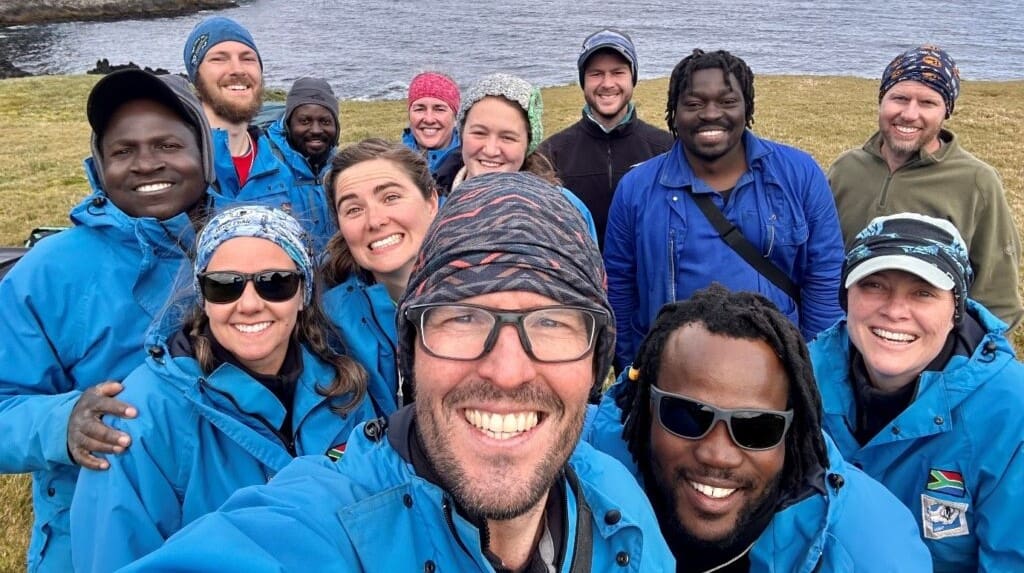
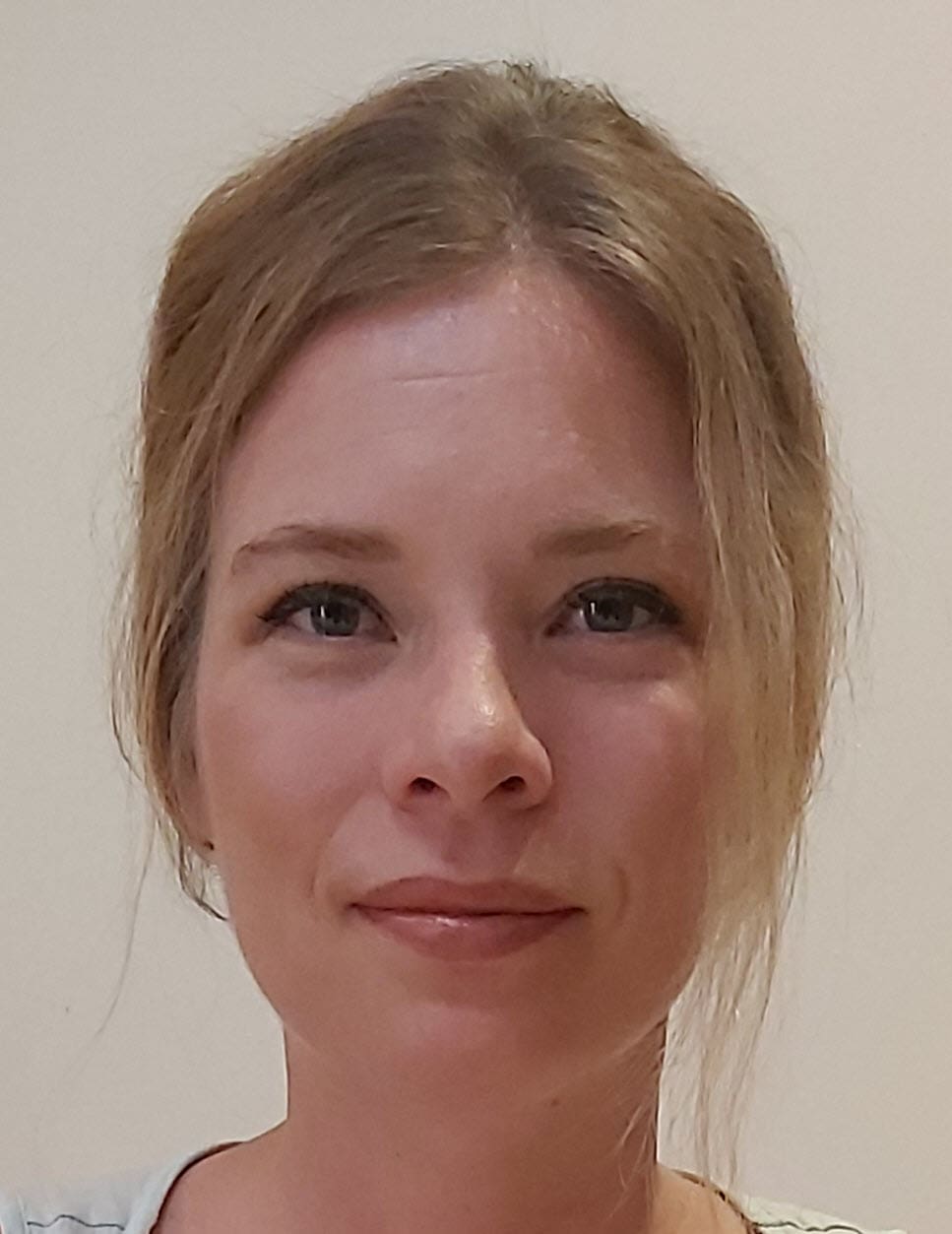 A session has been included in the 6th SANAP symposium to include the Prince Edward Island scientific survey members as they were arriving late on the 29 November. As a cross discipline on Data Management and the Summer Survey Participants. Christel Hansen chaired the session ‘Data and frameworks in the support of polar research’.
A session has been included in the 6th SANAP symposium to include the Prince Edward Island scientific survey members as they were arriving late on the 29 November. As a cross discipline on Data Management and the Summer Survey Participants. Christel Hansen chaired the session ‘Data and frameworks in the support of polar research’.  Above(l-r): Newi Makhado, Janine Schoombie, Chris Oosthuizen, David Hedding, Stefan Schoombie
Above(l-r): Newi Makhado, Janine Schoombie, Chris Oosthuizen, David Hedding, Stefan Schoombie Above: Scientific Survey members taken on Prince Edward Island. Azwianewi Makhado, Maëlle Connan, David Hedding, Charlene Janion-Scheepers , Rowan Jordaan, Makhudu Masotla, Thomas Mufanadzo, Chris Oosthuizen, Liezl Pretorius, Janine Schoombie, Stefan Schoombie, Yinhla Shihlomule, and Elsa van Ginkel. Read more
Above: Scientific Survey members taken on Prince Edward Island. Azwianewi Makhado, Maëlle Connan, David Hedding, Charlene Janion-Scheepers , Rowan Jordaan, Makhudu Masotla, Thomas Mufanadzo, Chris Oosthuizen, Liezl Pretorius, Janine Schoombie, Stefan Schoombie, Yinhla Shihlomule, and Elsa van Ginkel. Read more

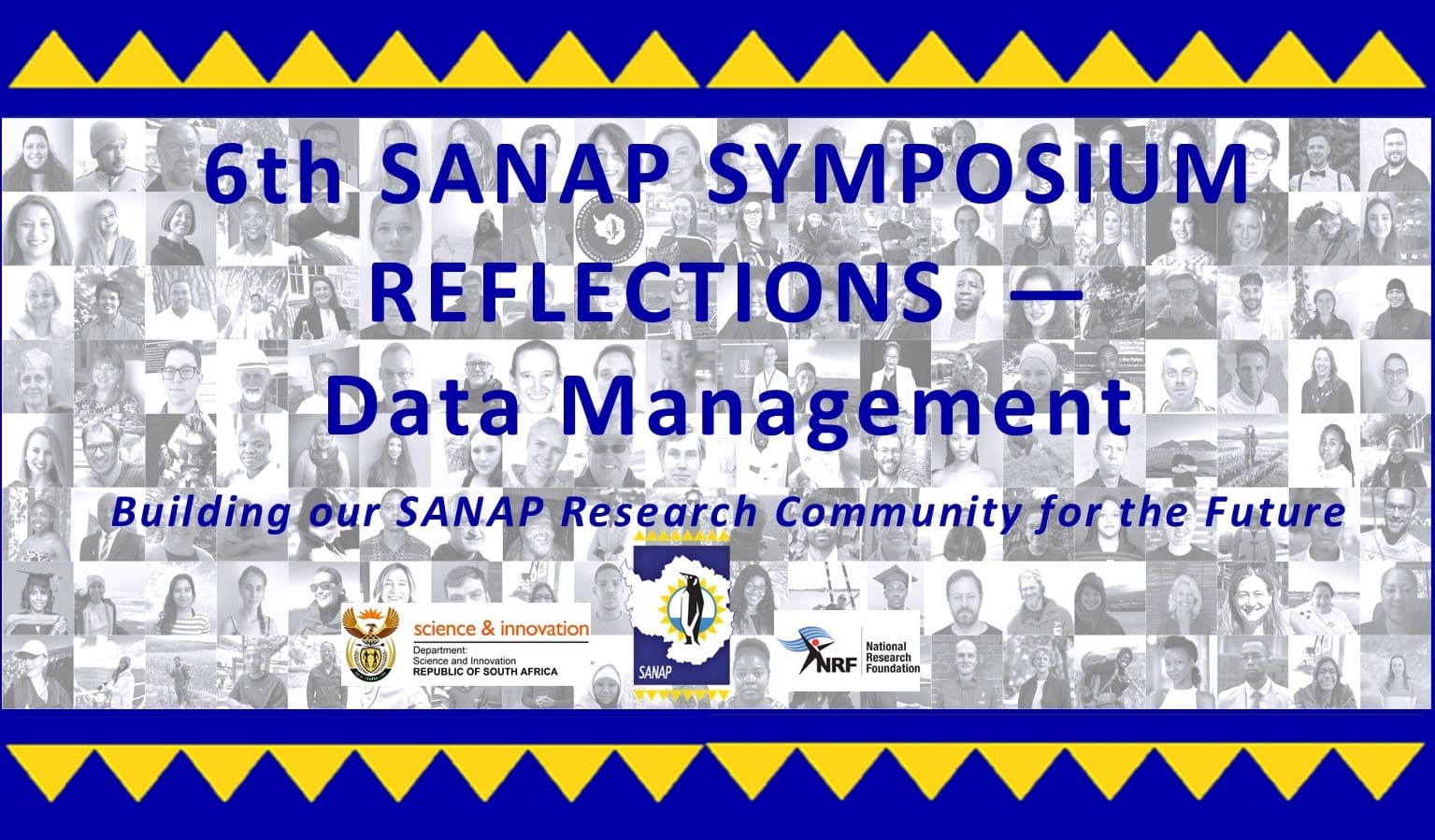 During the 6th Symposium sessions were allocated to cross cutting disciplines and it led to great presentations and discussions. 12- 16 February is
During the 6th Symposium sessions were allocated to cross cutting disciplines and it led to great presentations and discussions. 12- 16 February is 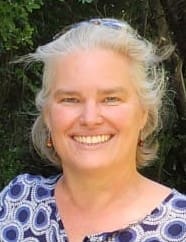 Anne Treasure(right) South Africa’s representative at Standing Committee on Data Management(SCADM) at SCAR and Data Products and Society Manager of the South African Polar Institute(SAPRI) chaired the main session on data management. This session included very interesting presentations from various science disciplines.
Anne Treasure(right) South Africa’s representative at Standing Committee on Data Management(SCADM) at SCAR and Data Products and Society Manager of the South African Polar Institute(SAPRI) chaired the main session on data management. This session included very interesting presentations from various science disciplines.


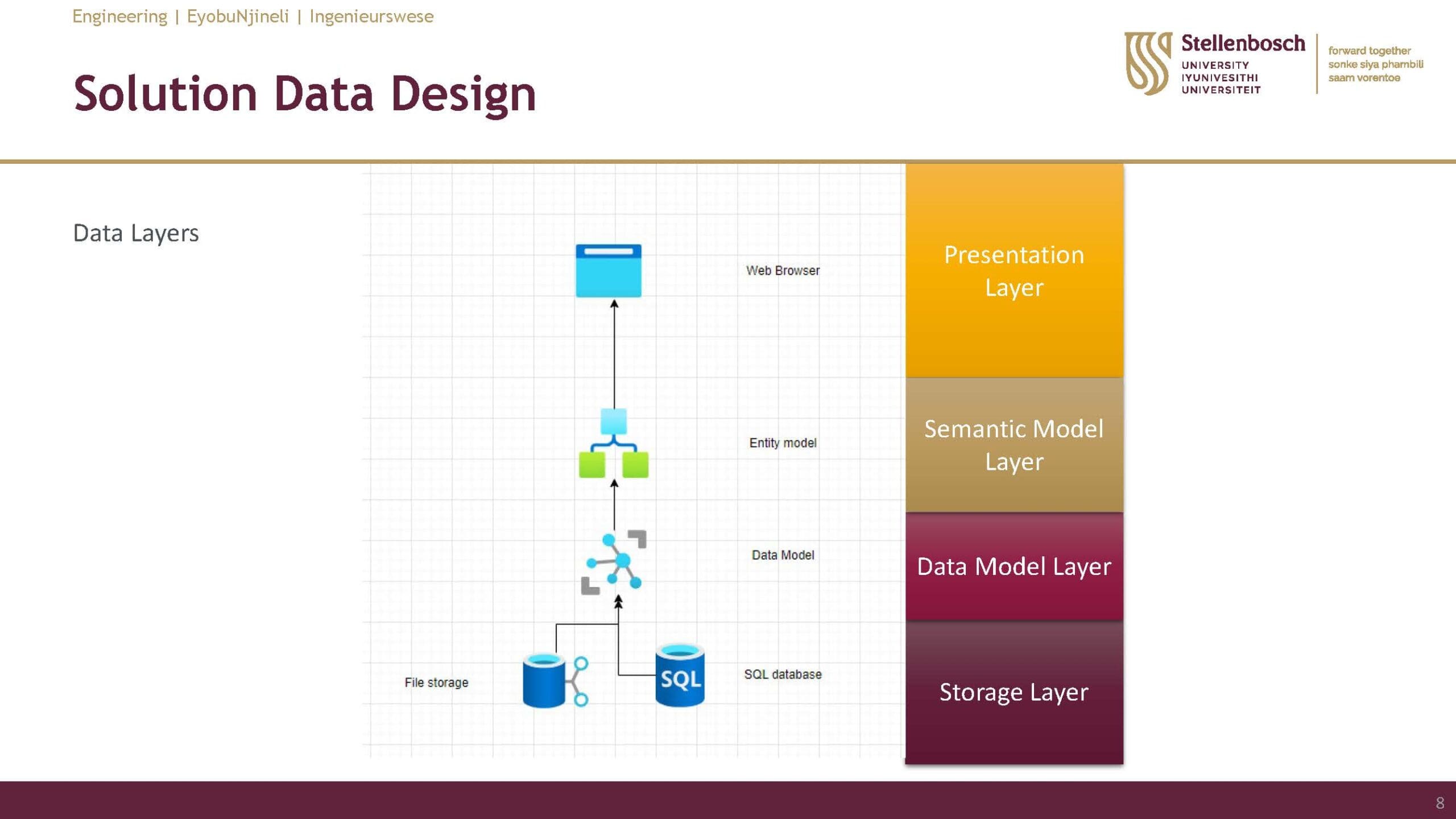
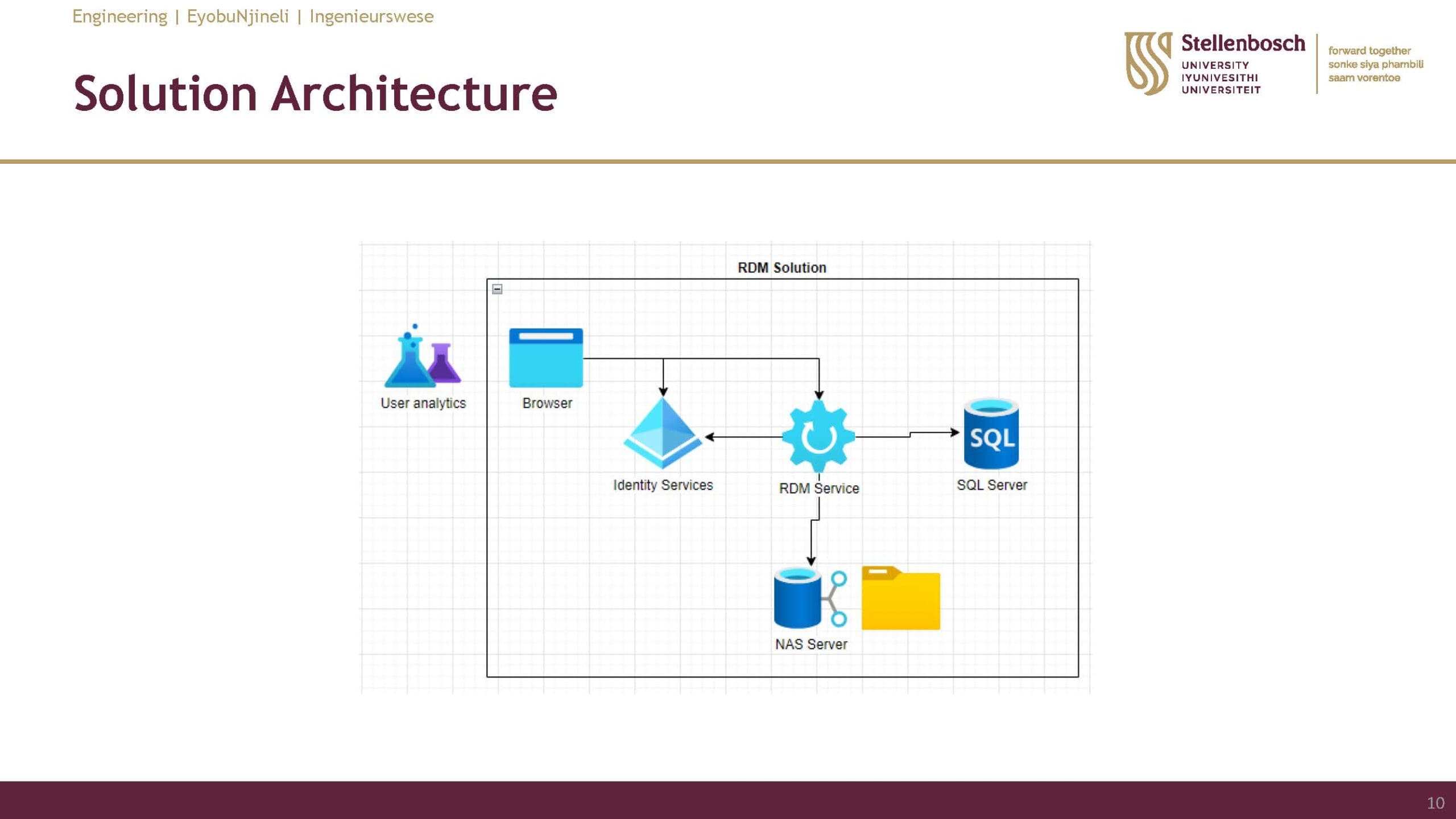
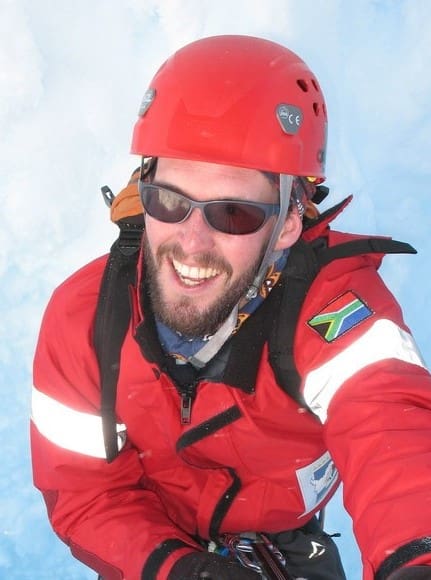


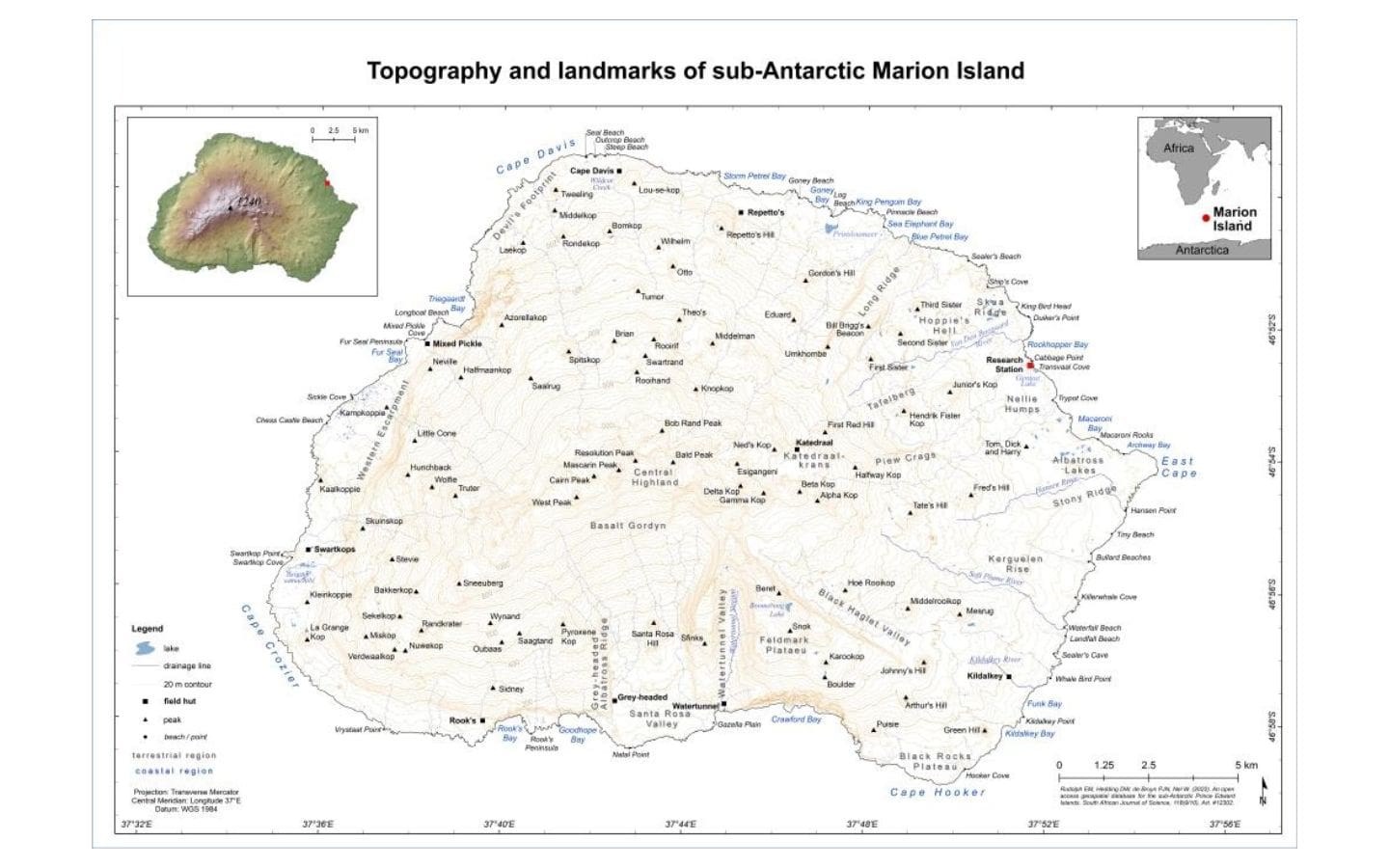 Christel Hansen
Christel Hansen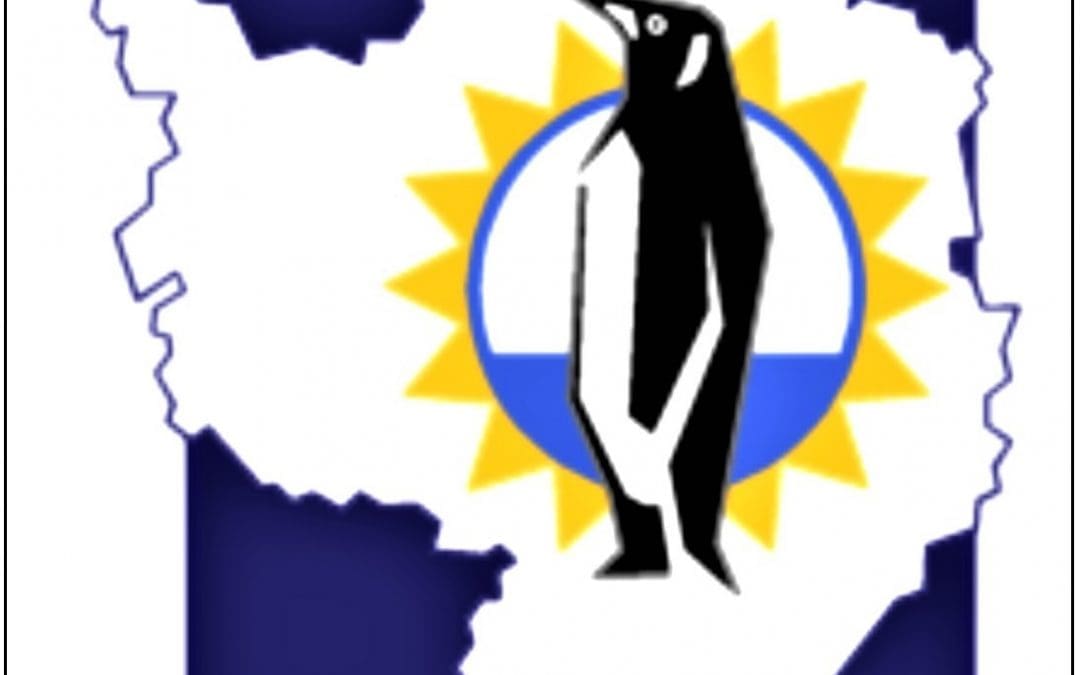
 South African Polar Research Infrastructure (SAPRI): Launch of the Preparatory Phase
South African Polar Research Infrastructure (SAPRI): Launch of the Preparatory Phase
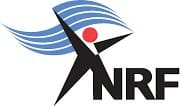 The SAPRI team is pleased to inform you that the contractual agreement for the starting of the SAPRI implementation phase is being finalized between the
The SAPRI team is pleased to inform you that the contractual agreement for the starting of the SAPRI implementation phase is being finalized between the 
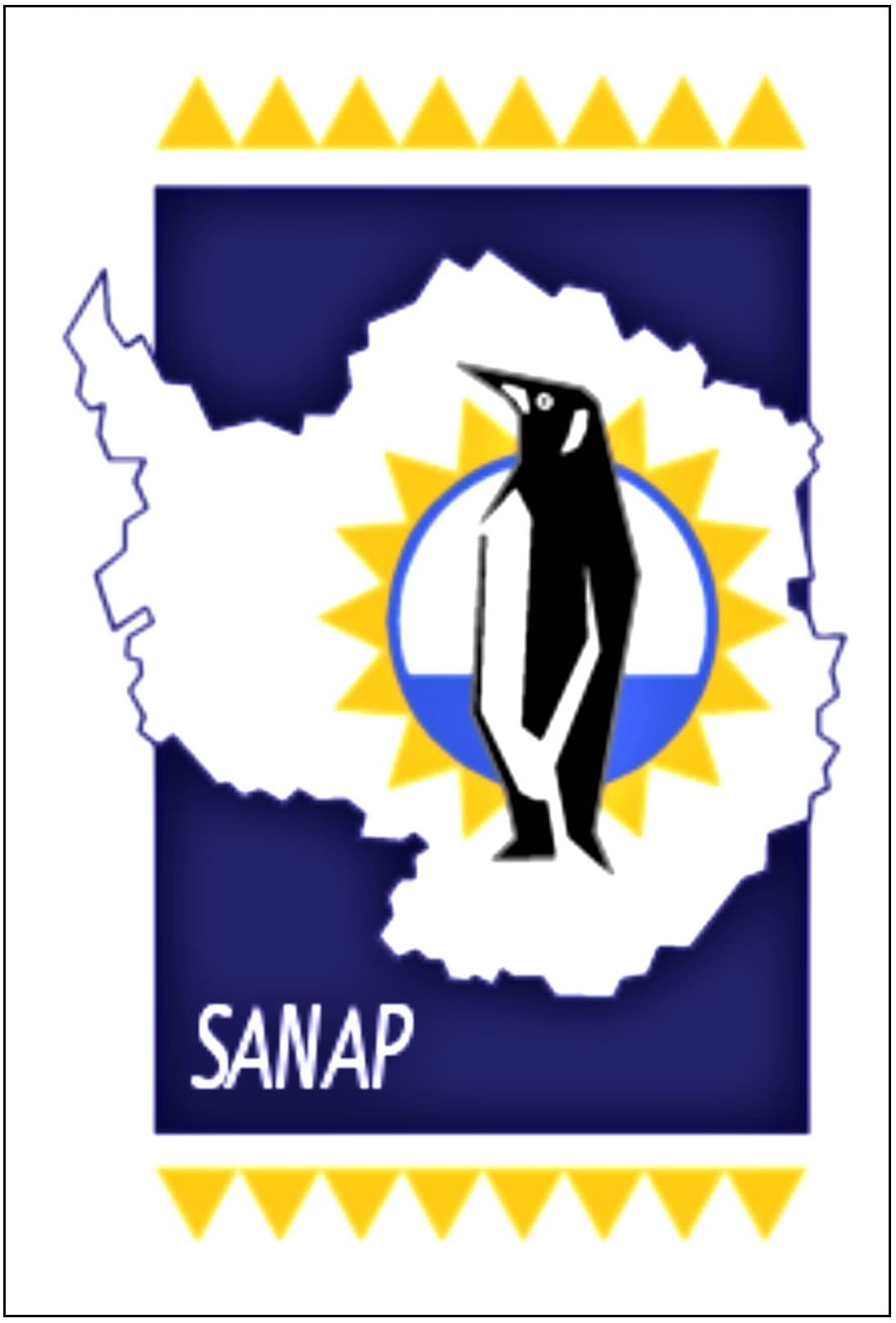 These achievements would not have been possible without the trust demonstrated by the scientific
These achievements would not have been possible without the trust demonstrated by the scientific 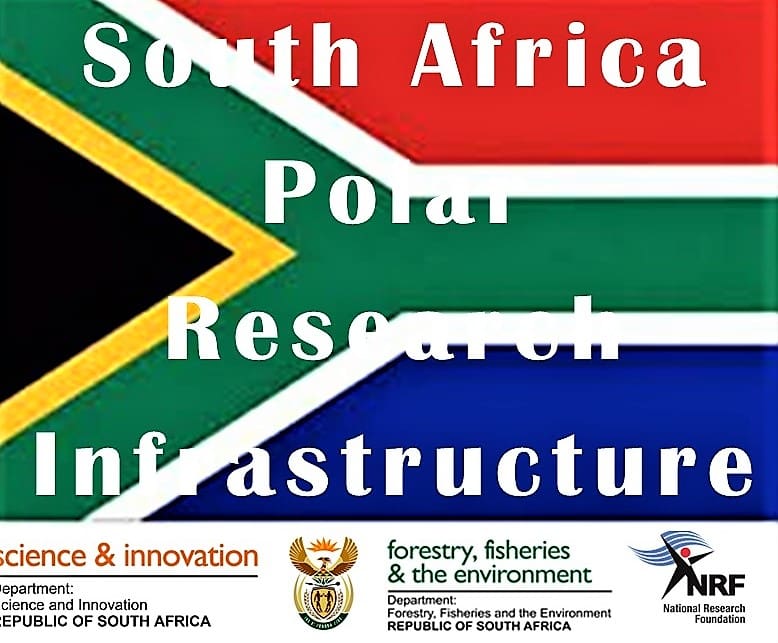 The launch of the SAPRI Preparatory Phase was announced via a webinar and a Q&A session to illustrate the main aspects of SAPRI, its organization into integrated facilities, and the first steps of the implementation phase listed in the business plan. To accelerate the implementation phase, it is proposed to initiate an informal Preparatory Phase of SAPRI and to discuss the following actions with the community of stakeholders:
The launch of the SAPRI Preparatory Phase was announced via a webinar and a Q&A session to illustrate the main aspects of SAPRI, its organization into integrated facilities, and the first steps of the implementation phase listed in the business plan. To accelerate the implementation phase, it is proposed to initiate an informal Preparatory Phase of SAPRI and to discuss the following actions with the community of stakeholders: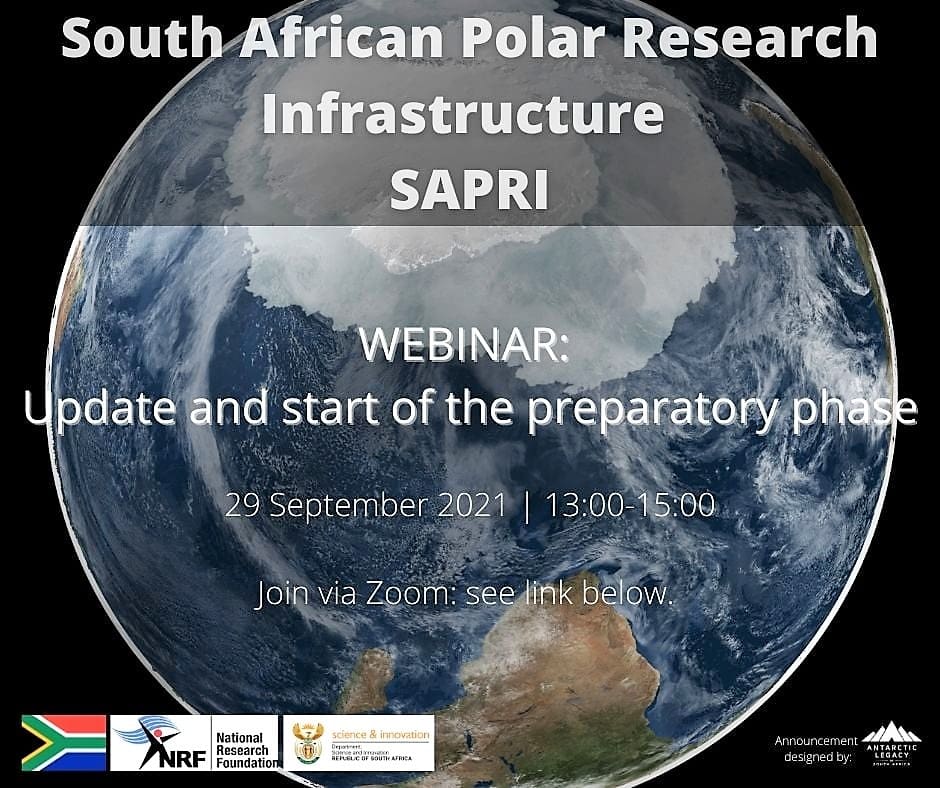 The virtual webinar took place on 29th September 13:00-15:00 and was led by the SAPRI team; Tamaryn Morris, Marcello Vichi, Juliet Hermes, Johannes Pauw.
The virtual webinar took place on 29th September 13:00-15:00 and was led by the SAPRI team; Tamaryn Morris, Marcello Vichi, Juliet Hermes, Johannes Pauw.
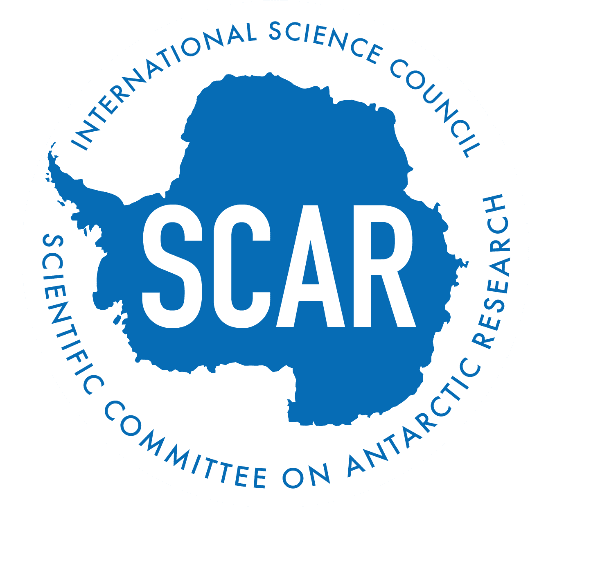 The
The 




